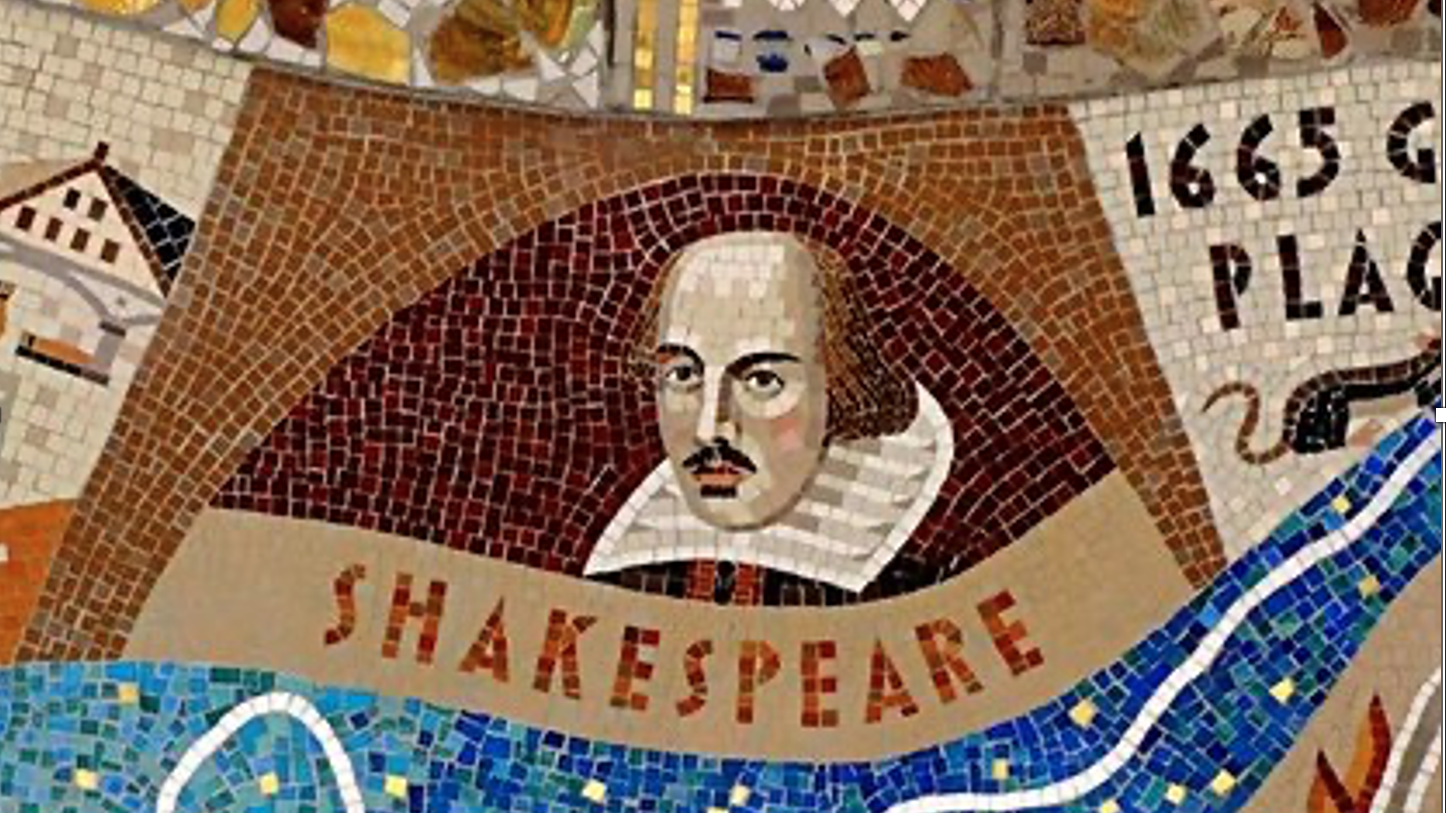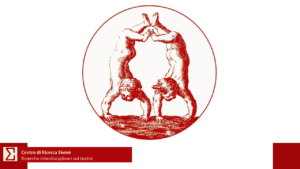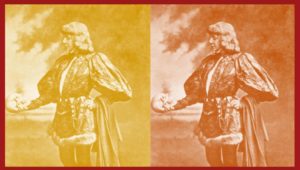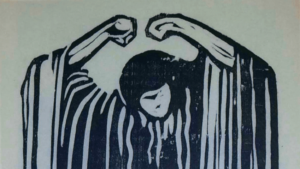The “Shake Shakespeare Up!: Adapting and Staging” workshop aims at introducing students to practices of adaptation of Shakespeare for the contemporary stage as well as for different media and genres, having in mind a transition from an academic, text-driven approach, to a broad understanding of adaptation as a collaborative and dynamic process. Guided by the idea of rearranging, appropriating, ‘shaking up’ Shakespeare’s text, the workshop wishes to inspire students to freely engage with it and get acquainted with contemporary theatre-making practices as well as experiments of multimedia adaptation, with a particular focus on re-writings and translations. By nourishing the idea of adaptation as interpretation but also mis-understanding, students will be encouraged to test their creative initiative actively. Also, they will be critically equipped to discuss the politics of ownership and authorship. Thus, the idea of ‘shaking up’ the academic knowledge they already have is meant to stimulate new and inventive approaches to Shakespeare.
Programme description:
The “Shake Shakespeare Up!: Adapting and Staging” workshop will introduce students to the phenomenon of Shakespearean adaptations, meant as re-writings, intermedial adaptations, and translations in other languages. After an introductory lecture on the concept of re-writing as re-creation and reception (Fantappiè, 2020), students will have the opportunity to discuss issues of authorship, imitation, and memory, which will give them the opportunity to think over the aims of similar operations. Among other topics, the course will deal with Tracy Chevalier’s re-writing of Othello (New Boy, Vintage, 2017) and Jeannette Winterson’s version of The Winter’s Tale (The Gap of Time, Vintage, 2015); the film adaptations of Henry V (1944, 1989, 2019), and the Italian translations of Macbeth from the 19th century to the present. Othello di Tracy Chevalier (New Boy, Vintage, 2017) e di The Winter’s Tale di Jeannette Winterson (The Gap of Time, Vintage, 2015); gli adattamenti cinematografici di Henry V (1944, 1989, 2019) e le traduzioni italiane del Macbeth dall’Ottocento ai giorni nostri.
Workshop outline:
- Duration: from 7 March to 11 April
- 3 CFU credits
- 18hs of lectures of three academic hours each (Monday 3 pm – 5.15 pm)
- A small group of up to fifteen students
- Language: English and Italian
- Online and/or onsite
Workshop leader:
Learning outcomes:
At the end of the workshop students will
- be knowledgeable about the concept of adaptation and Shakespearean adaptation;
- be familiar with contemporary practices in adapting Shakespeare for the stage and in different media;
- be able to use critical knowledge of Shakespearean theatre in creating a Shakespearean adaptation for a contemporary audience.
Evaluation method:
Students are required to write a 5,000-word critical paper or to produce an adaptation of selected portions of a Shakespearean drama.
Selected References:
Albanese, Denise. 2010. Extramural Shakespeare. Basingstoke: Palgrave Macmillan.
Barba, Eugenio. 2009. On Directing and Dramaturgy: Burning the House. 1st ed. Routledge. https://doi.org/10.4324/9780203870297.
Bigliazzi, Silvia, Peter Kofler and Paola Ambrosi eds. 2013. Theatre Translation in Performance. London and New York: Routledge.
Bradley, Lynne. Adapting King Lear for the Stage. Farnham, Surrey, England; Burlington, VT: Ashgate, 2010.
Calbi, Maurizio. 2013. Spectral Shakespeares: Media Adaptations in the Twenty-First Century. Reproducing Shakespeare: New Studies in Adaptation and Appropriation. New York, NY: Palgrave Macmillan.
Cronin, Bernadette, Rachel MagShamhráin, and Nikolai Preuschoff, eds. 2020. Adaptation Considered as a Collaborative Art: Process and Practice. Cham: Springer International Publishing. https://doi.org/10.1007/978-3-030-25161-1.
Eckersall, Peter, Helena Grehan, and Edward Scheer. 2017. New Media Dramaturgy. London: Palgrave Macmillan UK. https://doi.org/10.1057/978-1-137-55604-2.
Fantappiè, Irene. 2020. “Riscritture”. In Francesco De Cristofaro, ed. 2020. Letterature comparate. Roma, Carocci: 135-166.
Huang, Alexa, and Elizabeth Rivlin, eds. 2014. Shakespeare and the Ethics of Appropriation. New York: Palgrave Macmillan US. https://doi.org/10.1057/9781137375773.
Hutcheon, Linda, and Siobhan O’Flynn. 2013. A Theory of Adaptation. 2nd ed. London; New York: Routledge.
Kidnie, Margaret Jane. 2009. Shakespeare and the Problem of Adaptation. 1st ed. London; New York: Routledge.
Komporaly, Jozefina. 2017. Radical Revival as Adaptation. London: Palgrave Macmillan UK. https://doi.org/10.1057/978-1-137-48102-3.
Martin, Carol, ed. Dramaturgy of the Real on the World Stage. 2010. London: Palgrave Macmillan UK. https://doi.org/10.1057/9780230251311.
Pope, Johnathan H. 2020. Shakespeare’s Fans: Adapting the Bard in the Age of Media Fandom. Cham: Springer International Publishing. https://doi.org/10.1007/978-3-030-33726-1.
Reilly, Kara, ed. 2018. Contemporary Approaches to Adaptation in Theatre. London: Palgrave Macmillan UK. https://doi.org/10.1057/978-1-137-59783-0.
Romanska, Magda, ed. 2015. The Routledge Companion to Dramaturgy. London; New York: Routledge.
Ryle, Simon. 2014. Shakespeare, Cinema and Desire. London: Palgrave Macmillan UK. https://doi.org/10.1057/9781137332066.
Turner, Cathy, and Synne K. Behrndt. 2008. Dramaturgy and Performance. Theatre and Performance Practices. Basingstoke; New York: Palgrave Macmillan.




